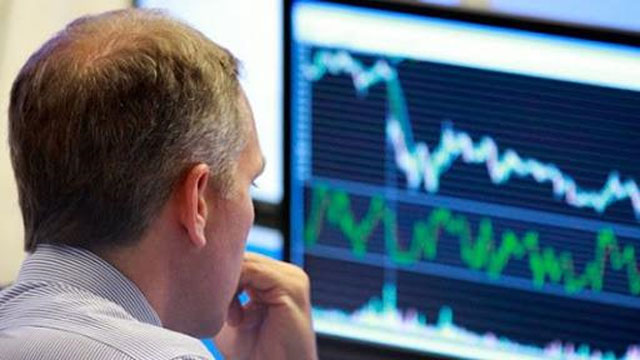Today, more and more traders prefer internet-based platforms. Digitisation has made it possible to profit from stocks and currencies online.
Why volumes of online trading are only growing
The modern human is used to doing almost everything online. From communication to shopping and entertainment, Internet-connected gadgets have revolutionised our perception of reality. Finance and earning are also digitised, with increasing numbers of people choosing teleworking schemes and online income sources.
Digital trading that includes the use of MetaTrader 5 was estimated to be accessed by 15 million people in 2019.
It is now possible to say that online trading is a fixture of the modern reality. From Europe to South Africa, individuals earn profits without leaving their homes. A local broker like ForexTime will connect you to the vast marketplace where trillions of US dollars circulate on a daily basis. The sheer volume is incredible.
Recent trading stats
In 2017, the figure stood at roughly 9,5 million. By the end of 2018, it had risen to just under 14 million. Today, the army of online traders includes over 15 million people and counting. A majority of these participants belong to the millennial generation. This demographic is the most likely to access the exchange via digital tools.
This tendency was pointed out in 2018 by equities.com and other US-based media. Back then, they reported on the apparent surge in popularity of digital trading among the American youth. We may now conclude that the trend is persistent. Considering the widespread addition to digital and mobile technologies, this is hardly surprising.
Key reasons behind the trend
In their analysis, experts distinguish several key reasons accounting for the rise of Internet-assisted trading of stocks and other assets. These peculiarities are observed all over the world, from New York to Nigeria.
1. Affordable entry to the market
Entry to the conventional stock exchange costs thousands of US dollars. Meanwhile, online brokers allow access for much less. This is possible thanks to the concept of leverage. Whether it’s currency, stocks or commodities a client wishes to trade, they may use a sizeable portion of the company’s funds. This means achieving a large volume with a relatively modest deposit (known as margin).
Let’s consider the possible 1:100 leverage ratio. In this scenario, a mere US$100 of your own money opens access to $10 000 trades.
Another feature contributing to accessibility is the mini account format. This may require deposits as affordable as $10. Overall, financial markets are incomparably more accessible than decades ago.
2. Digital nature of operations
Forex trading takes place in a virtual environment. The advent of online platforms has eliminated the need for involvement on a physical stock exchange with physical assets as the only earning mechanism. Today, users may access their accounts from smartphone apps, opening and closing positions on the go.
The modern generation is used to being assisted by pervasive technology. Platforms like MetaTrader are packed with sophisticated analysis tools that facilitate decision making. All deposits and withdrawals are conducted electronically, so a trader does not have to leave one’s home to collect the profits.
3. Everything Is faster
In the modern world, speed is of the essence. State-of-the-art trading environments provide the option of instant execution. Physical trading schemes could take up days or weeks. Now, with a free application on your smartphone, you have deals concluded instantaneously. There is no need to phone your broker for quotes.
Technological advances have caused our psychology to evolve. We are no longer eager to wait for extended periods of time. People want to see quick results, and online trading can ensure them.
4. Modified role of brokers
Brokerages are still indispensable, as they provide access to the global market. However, individual participants are free to choose their own course of action. Ample educational material and learning opportunities allow them to generate and follow their own unique strategies.
A broker still functions as a connecting link between a retail trader and the market. They provide support and guidance whenever necessary. However, a trader is fully responsible for their personal choices.
In the ECN (electronic communication network) model, the intermediary is indifferent to the performance of its clients, as their commission is paid regardless of the outcome of financial operations. This ensures more fairness and objectivity as compared to the money maker scheme.
The above reasons are more than sufficient to cause a growing interest in Web trading.
- This promoted content was paid for by the party concerned



